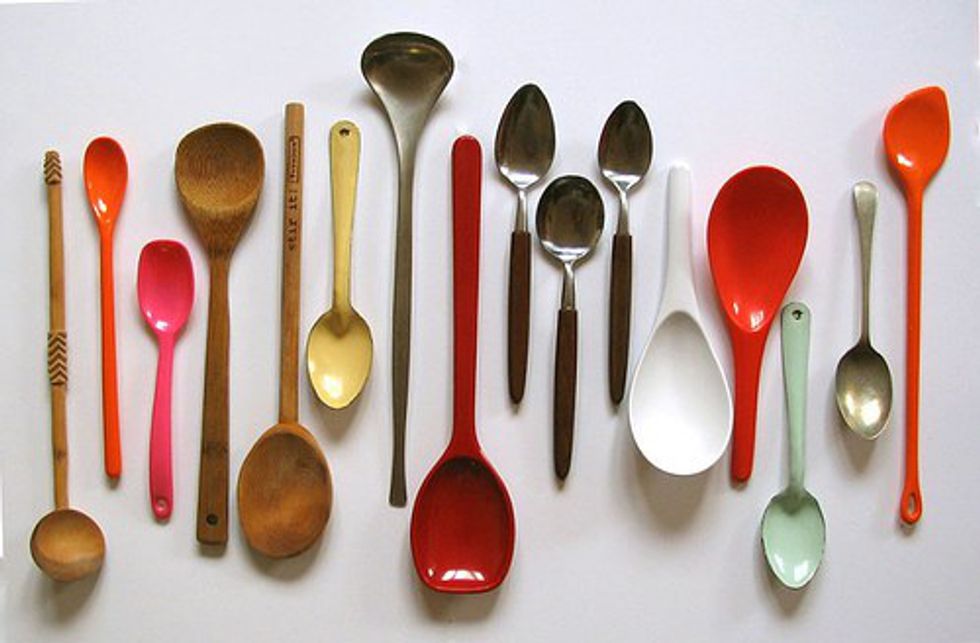Have you ever had a friend with a mental illness or physical disability or heard someone online say something along the lines of "I don't have enough spoons to do this.." You've probably wondered if they were going to eat a lot of soup or ice cream, and perhaps needed plenty of spoons. It's time more folks knew about what this really means.
The truth is, they are not physical spoons, but a metaphor. "Spoons" is a general term used to describe how much energy a person has to do certain tasks.
So why spoons? How did that originate?
The term was first used in "The Spoon Theory," an essay by writer Christine Miserandino published 2003. She used the term to help describe what it's like to have lupus when doing day to day tasks. While in a diner, she handed her friend a handful of spoons and told her that each spoon represented the energy you have for a certain task. More spoons means more energy. For example, getting dressed would be one spoon, while mowing the lawn would take two or three. She had to be careful to ration them out to have enough to do everything in one day. If not, they would take spoons from the next day's task, leaving less for the future. Spoons can be used for physical activities like hobbies, chores, or hygienic care, but it can also be used for things that take mental energy like homework, social interactions, even making a phone call.
So what happens if you run out of spoons?
That would mean that you run out of the energy, mentally or physically, to do any more tasks. At this stage, rest is the only option for fear of over exertion, bodily harm, or illness. Some people may say that they do not have enough spoons, meaning that they have one or two Spoons worth of energy left, but not enough to do what they are asked.
What's it like to live off spoons worth of energy?
Quite frankly, it is tiring. And it is worse for some than others. For people with degenerative disabilities, it may take all their spoons for the day just to get up and dressed in the morning before they have to go to bed for the day. For others, they hardly are able to accomplish as much as they hope per day in fear that they will run out of spoons, since it is often difficult or impossible to tell how many they have for the day. Sometimes we may even feel like we have more spoons than what we have, causing a crash of exhaustion in the middle of the day.
Is Spoon theory only for disabled people?
While others can use spoon theory, it was created for and by the disabled community. If a person is completely able bodied and neuro-typical (without mental illness or disability), then spoon theory doesn't work the same way for them. For healthy people, they have so many spoons per day at their disposal, that they do not need to think about rationing them or running out. That doesn't mean that healthy people do not get tired, just that they do not have the struggle of day to day tasks that "spoonies" (people who use spoon theory to describe their disability) have.
What can I do?
If you think that spoon theory could describe your struggle, then make sure to read up to use it as a guide and gauge for your energy. If you hear someone saying that they are low on spoons, don't push them to do anything, see if you can help them recover. Just try to be aware and save your spoons.






















